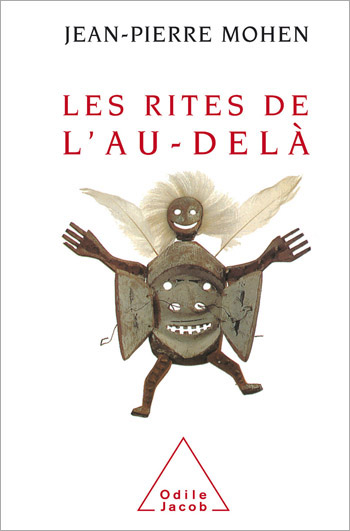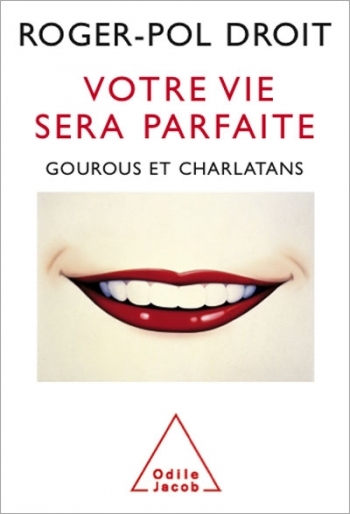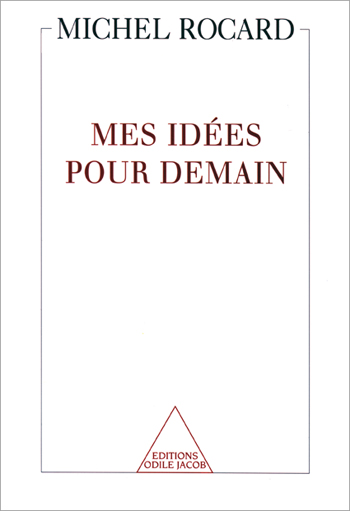Human Sciences All books
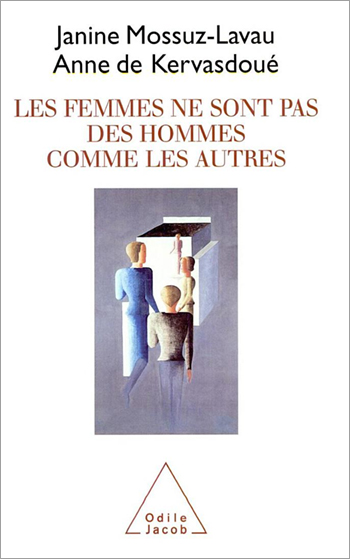
Janine Mossuz-Lavau, Anne de Kervasdoué
Women are Not Just Men
The changes which have come to be in the second half of the 20th century have taken women a long ways from the profile adopted by their mothers. Do all these transformations lead us to trace the portrait of a woman who has become a clone of men ? We can ask ourselves this question when we remember the arguments of feminists in the 70's employing the "egalitarian" themes of Simone de Beauvoir. More recently, some have gone so far as to announce the coming of an "androgynous" society. But what do the women and the men of this country think about all this ? How do women see themselves in relation to men ? How do they define themselves and how do they describe the men of their lives ? A very pointed realization of today's female identity. Janine Mossuz-Lavau is Director of Research at the CNRS.
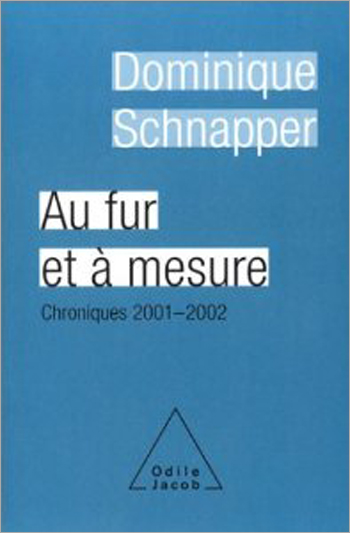
Dominique Schnapper
As Time Goes By A Chronical of 2001-2002
From a mythical meeting in the year 2000, to From our almost mythical appointment with the year 2000, to the presidential upheavals in 2003, this book presents the first expansive record of our entry into a new century. Through insightfully chronicling the passage of time, with both emotion and analysis, the author is able to present us with a picture of our contemporary world. Dominique Schnapper is a director of studies at the École des Hautes Études en Sciences Sociales.
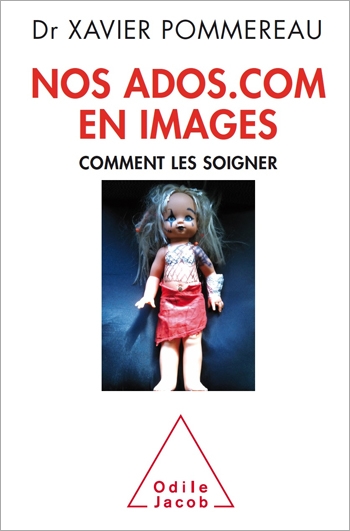
Xavier Pommereau
Teens.com Follow Their Progress
A new method to understand and treat troubled adolescents based on their own lifestyle
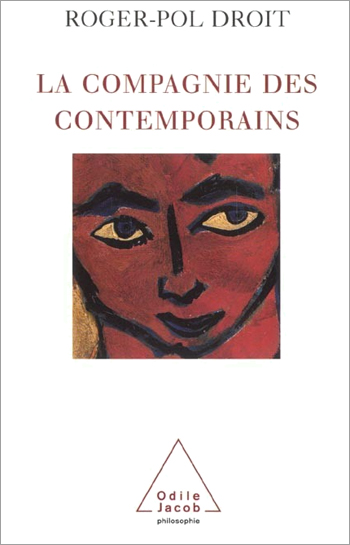
Roger-Pol Droit
The Company of Contemporaries
In this book, Droit reviews the works of some major contemporary thinkers: Bourdieu, Foucault, Girard, Habermas, Lévi-Strauss, Serres, and Vernant, among others. The interviews included here allow the reader to encounter biologists and sociologists, as well as anthropologists and psychoanalysts. Philosophers are well represented, but all the humanities have been included, and practically all major contemporary issues are considered, from bio-ethics to the end of history, from the construction of Europe to the rise of violence, from globalisation to the environment, from the development of science to political and religious extremism. Roger-Pol Droit is a philosopher and researcher at the Centre National de la Recherche Scientifique.
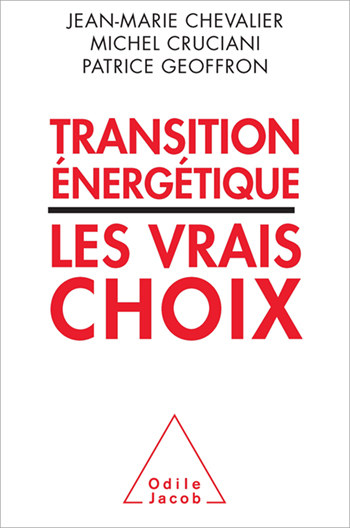
Jean-Marie Chevalier, Patrice Geoffron
Energy Transitions Making the Right Choices
French leaders need to make the right energy choices — if they don’t the current economic crisis will only become worse

